Harvard and the hardworking man fighting for justice
'I live in the hope that the pain will start getting better'
A dairy farm in Otago’s sparse Maniototo seems a world away from the ivy-league tertiary institution of Harvard University, but they are very much linked.
Enter Brent Fogo.
Brent Fogo at his home this week. Photo: Supplied
The amiable former Dunedin builder was living his dream working on a dairy farm when everything changed on June 10, 2017.
He was bringing cows into the milking shed when he was told the electric backing gate, which effectively guides cows into the shed, had come off its rollers.
Fogo, who was wearing a motorcycle helmet at the time, ‘‘went over to help put it on”.
“It fell on me,’’ Fogo said of the 200kg gate which left him with a traumatic brain injury and damage to his neck and spine.
As he lay on the cow shit-covered concrete pad, the 63-year-old says he “thought all my brains had blown out”.
And if it wasn’t for that helmet: ‘‘I’d be dead’’.
Fast forward to present day and Fogo has endured more than just physical pain as he is involved in a long-running legal battle.
Which brings us back to Harvard University.
The leafy tertiary institution in Cambridge, Massachusetts via its endowment fund – the largest in the world – bought the Maniototo Big Sky Dairy Farm, for more than $28 million in 2010.
Those farms were managed by Otago Rural Management Ltd – Fogo’s New Zealand employer, and which ended-up in a New Zealand court.
For several years there have been reports of the endowment fund - which in June was valued at US$53.2 billion - wanting to sell its New Zealand dairy farms. Property records show that land had been owned by its spin-off company: Solum Partners.
But last month it was announced the New Zealand Rural Land Company had bought the Maniototo farms, totaling 3500 hectares, for $61.40 million.
That sale was expected to go unconditional today (Wednesday, November 10).
The complicated ownership details of a large dairy farm aside, Fogo wanted justice - including naming Harvard.
The large-scale dairy operation where he worked as a farm assistant included five farms, with Fogo - a farm assistant - usually not working at the one he was sent to on the day of the accident.
An electric backing gate where Brent Fogo was seriously injured. Photo: Brent Fogo
But soon he began to feel sick, experiencing an ongoing headache, and went home.
He went to the Maniototo Hospital where the sole person on that Saturday – a duty nurse – gave him a codeine tablet for his headache and sent him home.
“By Monday I was a mess.’’
And those headaches, which he likened to the hangover feeling of consuming too much wine: “I still get that today’’.
“I feel s*** all the time.’’
Fogo returned to work but could manage only a few hours at a time, so would have to return to his home - which was owned by the farm.
“That was when the fun started.’’
Scans revealed he had suffered injuries to his head and neck, and he was advised not to return to work.
He was recuperating at home when a fellow dairy farm worker dropped off a letter, advising Fogo that he and his wife had 14 days to vacate.
That letter, sent by Graeme Martin of Otago Farm Management, said his absence of work was causing ‘operational and management issues’ for the company, and his occupation of the home “placing constraints on both staff requirements and the allocation of accommodation’’.
Fogo said that upset him, particularly as he had never received any message or phone call from management.
Now nursing a head injury, effectively homeless and facing losing his job, Fogo requested a meeting with Martin, who phoned in rather than attend the meeting in person.
Fogo sought legal advice through Dunedin lawyer Simon Carter.
He said he was told he had no future at the farm and the best thing he could do for all parties was to resign and move on.
His lawyer requested the accident report from WorkSafe - New Zealand’s primary workplace health and safety regulator – and that revealed the accident wasn’t initially reported.
That sparked an investigation which led to Otago Rural Management Limited being fined $270,937 in the Queenstown District Court on May 27, 2020.
The Queenstown District Court. Photo: Stuff
WorkSafe’s chief inspector Steve Kelly said: “Our investigation found that the roller mechanism of the gate frequently came off the fence line’’.
“Despite the company’s risk register stating machinery should be used to lift heavy objects wherever possible, we found that the gate and roller were often lifted manually.”
He also noted the company had failed to carry out regular audits to ensure that any problems at the plant were fixed.
“They also had no clear policies in place or effective training to prevent workers from attempting to lift heavy machinery themselves.’’
In addition to the company’s fine it was also ordered to pay reparations to Fogo of $46,072.
In his victim impact statement Fogo wrote: “The accident has drained almost all the pleasure from my life’’.
He said he had been offered a settlement prior to the case, but turned it down.
Graeme Martin, his former boss, declined to comment about the case when approached this week.
“It is done and dusted . . . there is nothing to talk about.’’
Graeme Martin. Photo: Supplied
But sources close to the case allege that despite not being named, it was the Harvard Endowment Fund which paid the hefty fine.
“No comment,’’ Martin said when the question was posed to him.
Nor could WorkSafe shed any light, referring comment instead to the Ministry of Justice, which in turn directed comment to the Queenstown District Court.
‘‘Please be advised that the full amount of fine has been paid in this matter. We are unable confirm the entity of the payment source (those details are not recorded).”
Meanwhile Harvard Endowment Fund and Solum Partners did not reply to a request for comment about Fogo’s case.
Harvard University campus, half a world away from Otago in New Zealand. Photo: Reuters
And his battle was far from over, including ACC later assessing him as being able to work.
An expert assessed Fogo - who was suffering severe migraines - as overdosing on painkillers: at its peak he was taking some 38 painkillers a day, but reduced his intake to 15 as he battled with the chronic pain.
Fogo decided to take the fight to ACC, enlisting Dunedin lawyer Peter Sara.
That almost two-year legal battle unfolded while Fogo covered his living costs out of his life savings, rather than receive any benefits.
Fogo’s case was heading for a review – the first stage of a challenge to ACC – in December, but late last month Sara received a call confirming ACC would pay out, including medical bills and some legal costs.
An ACC office in Wellington: Photo: Stuff
ACC now accepted that Fogo’s ongoing health problems were due to the accident, as opposed to a pre-existing condition.
“That was big.’’
He had only just begun a case against his medical insurer, which refused to payout due to the initial decision by ACC.
But on Wednesday he received another setback.
‘‘I’ve been knocked back.’’
Fogo said the almost five-year battle since his head injury had been difficult to deal with.
He put it best as part of his victim impact statement to the court: ‘‘At times there seems very little left to live for, but I am a strong-willed man and I live in the hope that the pain will start getting better, or the doctors will find something that helps, and that my life can return to the way it was’’.
Please stay tuned for any updates on this story, and thanks to Brent for sharing.
Speaking of updates I have another after watching the Dunedin premiere of The Power of The Dog on Friday at the city’s Regent Theatre.
A still from The Power of The Dog, largely shot in rural Otago. Photo: Supplied
The film, which was largely shot in the Otago hinterland, included one scene in Dunedin. That featured only the long platform of the Dunedin Railway Station, as the historic frontage was cut from the final edit.
Dunedin’s ionic Railway Station Photo: Stuff
One of my enduring memories of backpacking overseas came shortly after arriving by train in Copenhagen, where I stopped at a local record store.
I’ll never forget flipping through the various genres of CDs (remember those) and finding one marked: Dunedin, a city where I had studied for three years.
Remarkable.
I bought an album by the 3Ds, which I now own in two other formats: digital and vinyl.
Here is one of their quieter tracks, please have a listen.
And it brings me to an exciting announcement: the good people at the Hocken will host: Kaleidoscope World: 40 Years of Flying Nun in Dunedin from December 4 to March, 19, 2022.
It will include a large-scale commissioned work by musician and artist Robert Scott, of The Bats and The Clean, which will showcase legendary Dunedin performance venues.
Most of those venues have gone. The Cook has been renamed Dive, The Ori was a student bar but has now closed, The glorious Empire is being converted into apartments and Sammy’s future remains uncertain.
Iconic venue Sammy’s remains closed. Photo: Hamish McNeilly
In another announcement, it is time for Tweet of the Week, which goes to conservation dynamo Kimberley Collins.
Nature fights back.



If you’ve read this far, thanks, I appreciate it.
I thought I’d end with a cool initiative from the very good people at Good Bitches Baking. As part of Kindness Week (yes, it is a thing) they have a pop-up stall at the city’s Meridian Mall on Saturday.
The volunteers at that stall will give away baking to passers-by, with the simple aim to make their day sweeter. Nice.
It is part of a launch for their second cookbook, and features recipes from Dr Siouxsie Wiles, Dr Ashley Bloomfield, the Topp Twins, and Jack Tame.
And for Kindness Week, I’ll be sending you another newsletter next Wednesday. No baking though.
As always if you have something you’d like me to look at, please email me on hamish.mcneilly@stuff.co.nz.
Until next week.

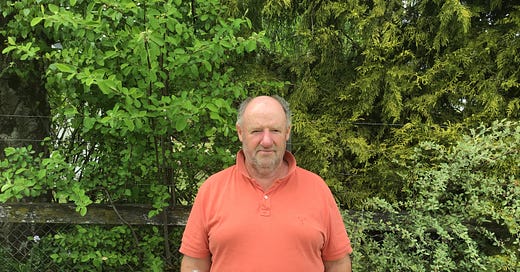


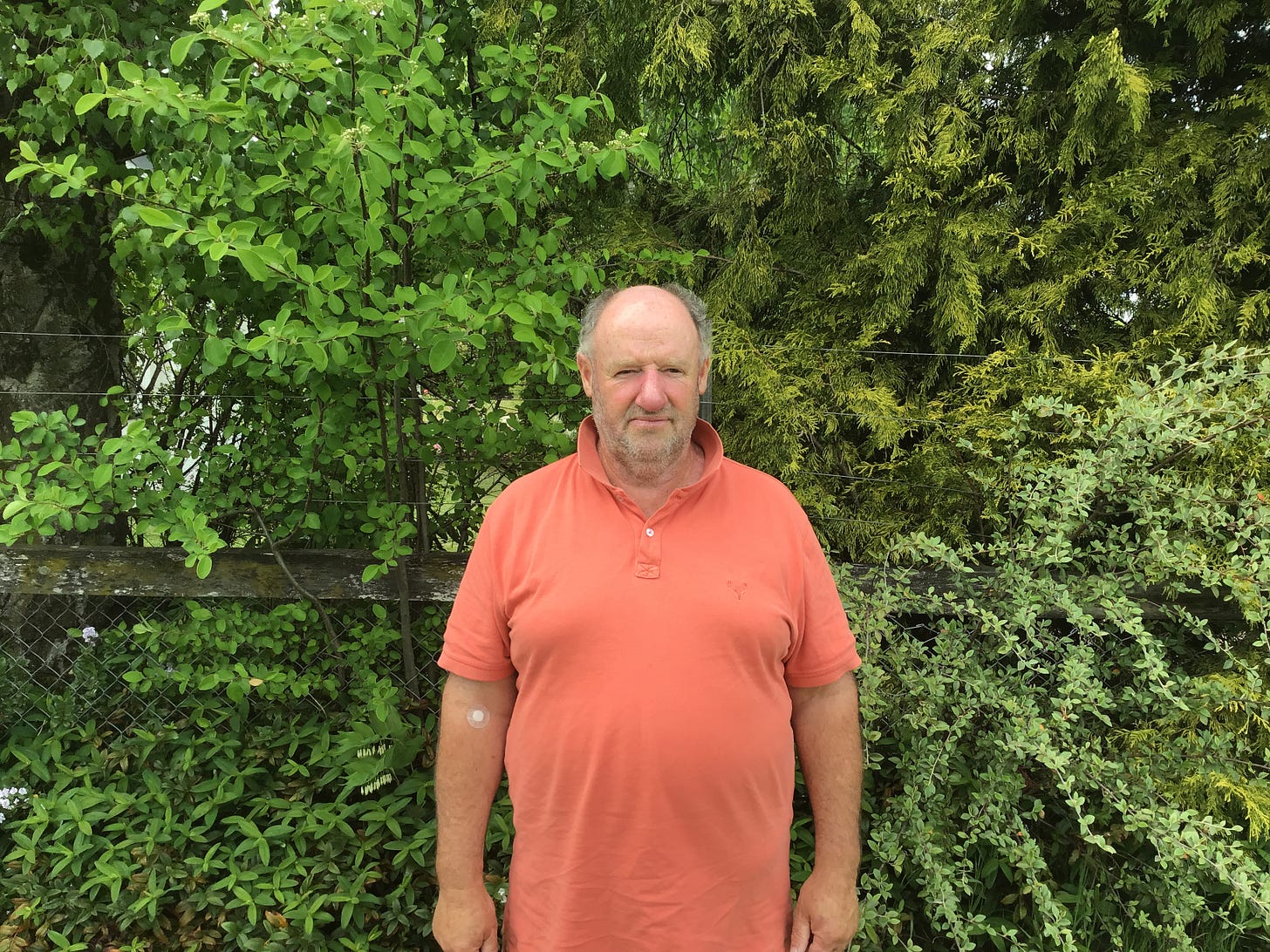
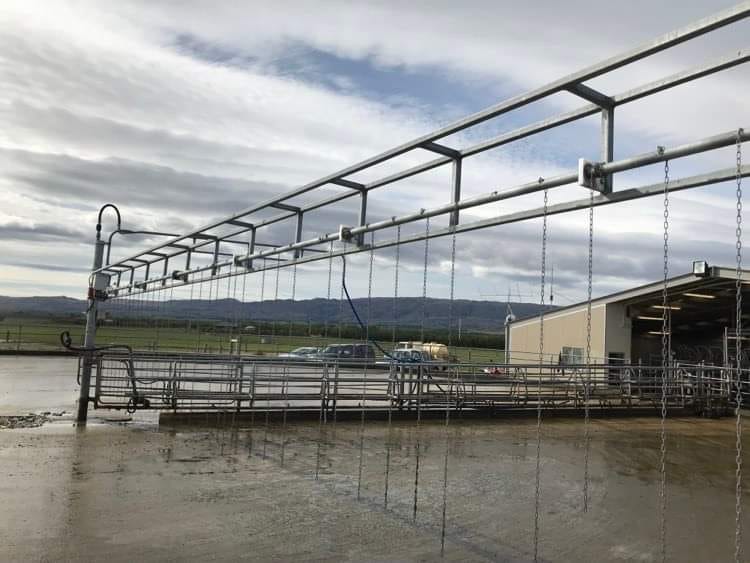
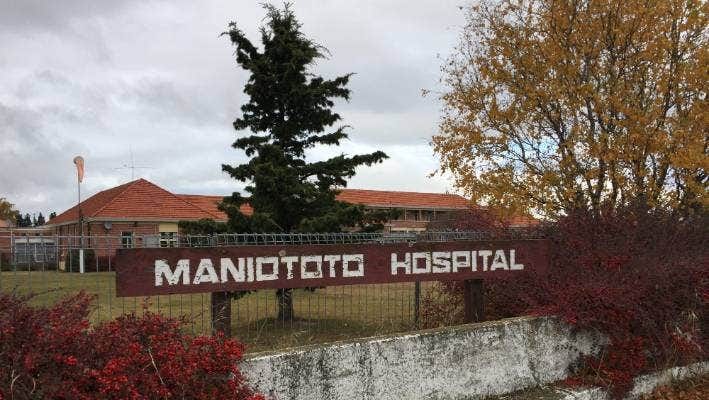
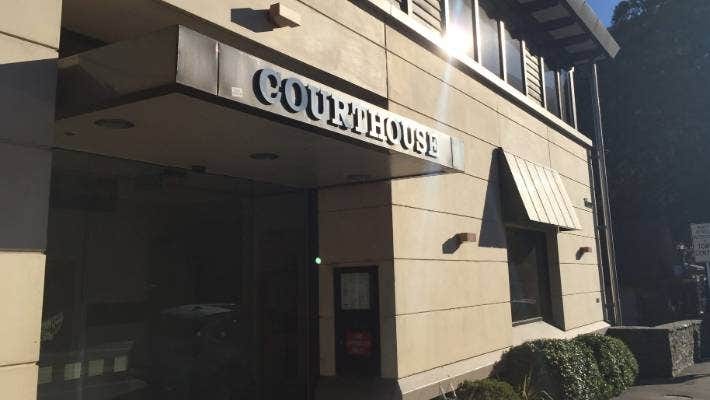
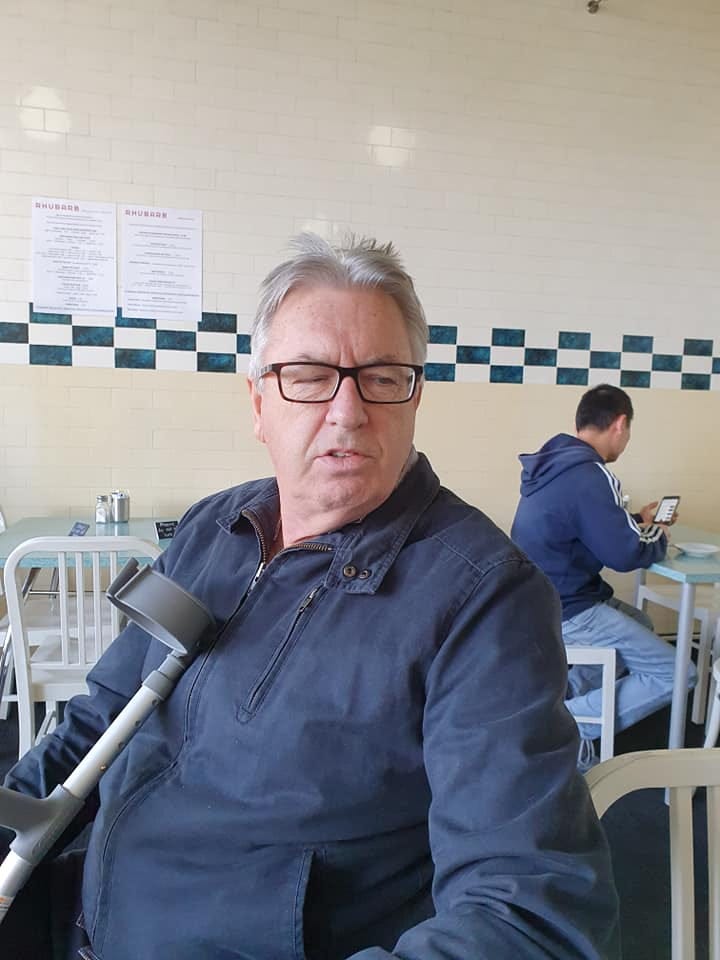
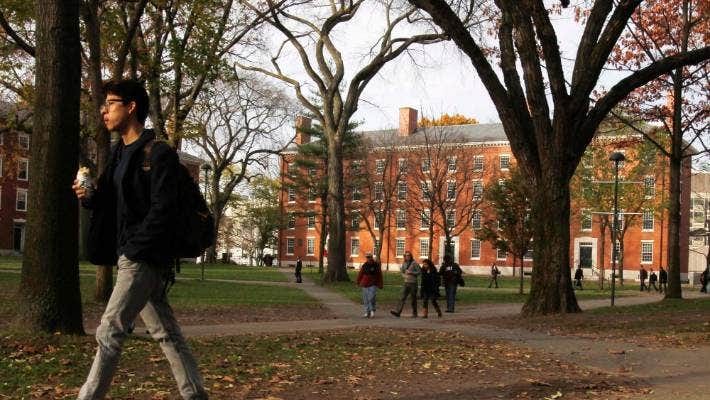
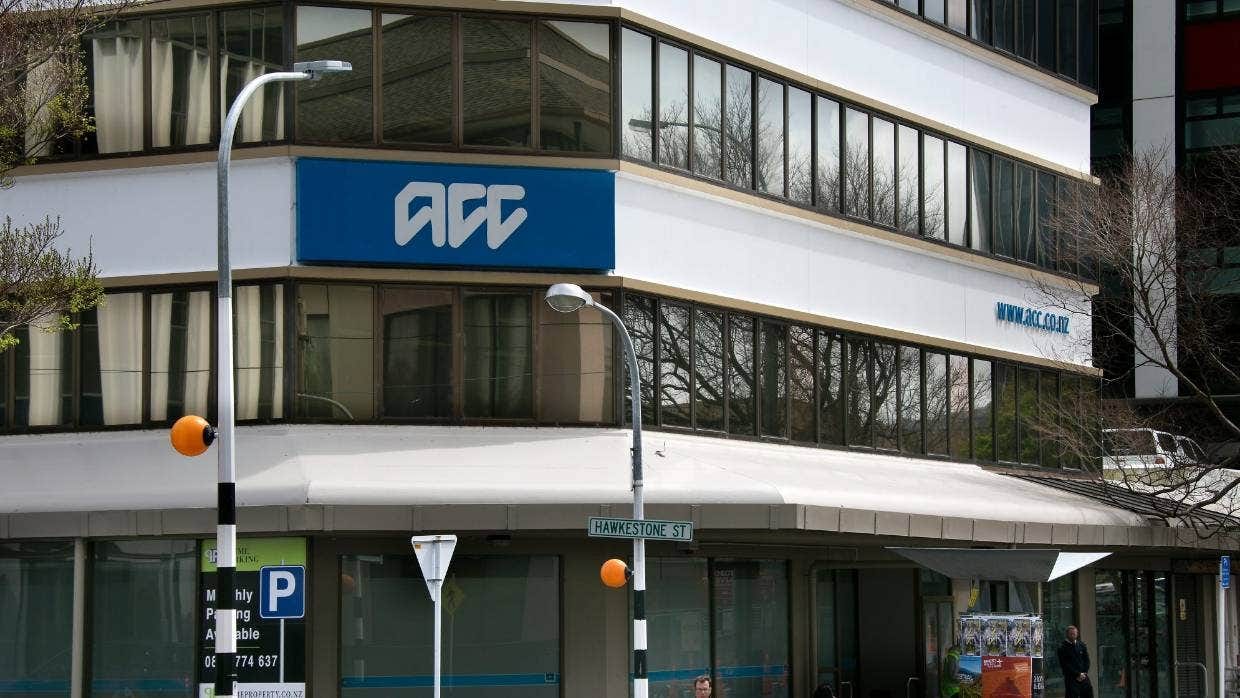
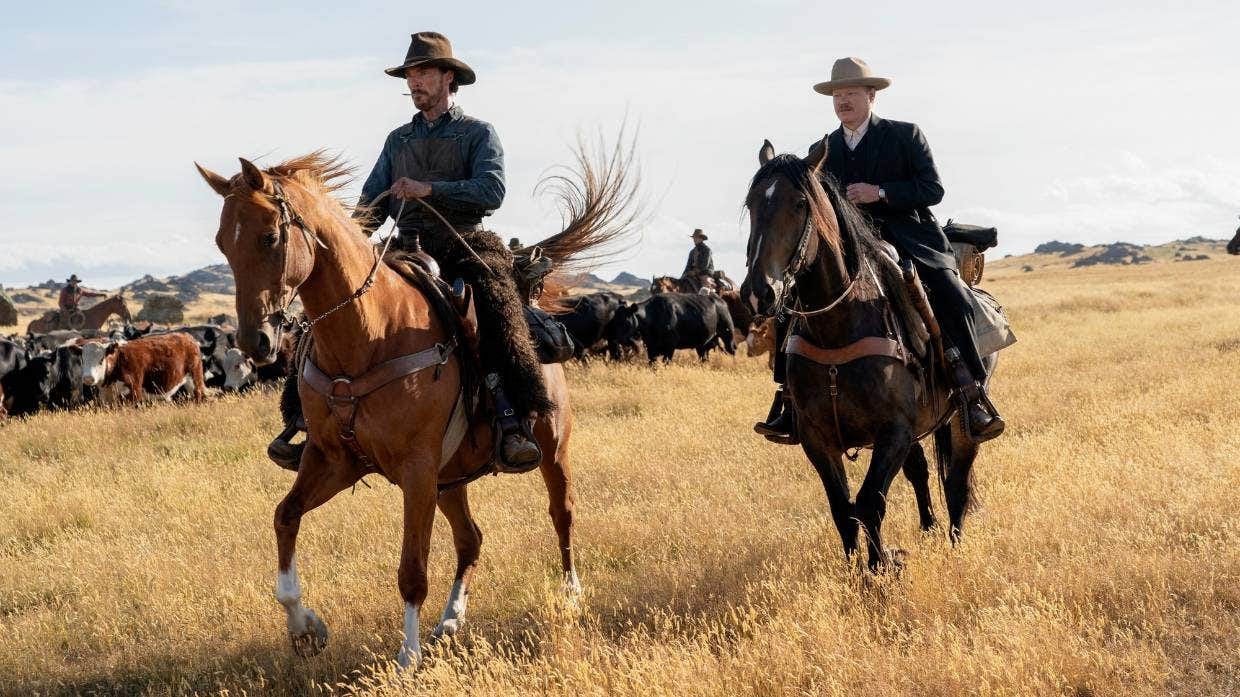
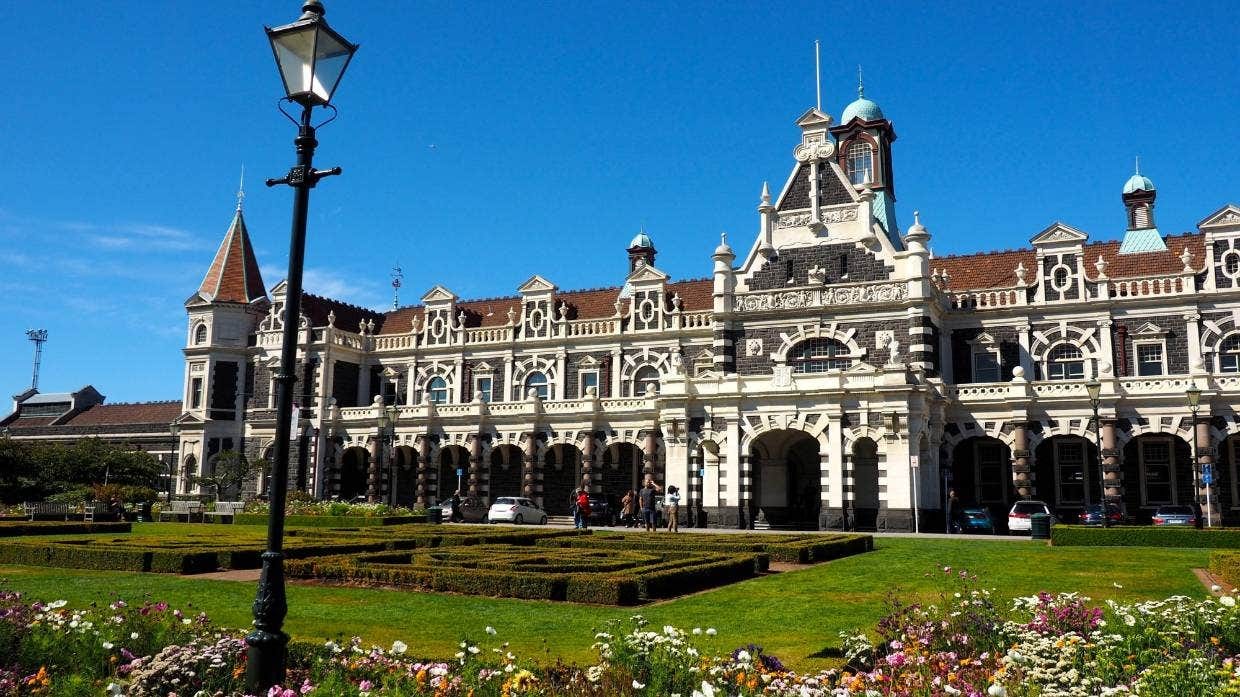
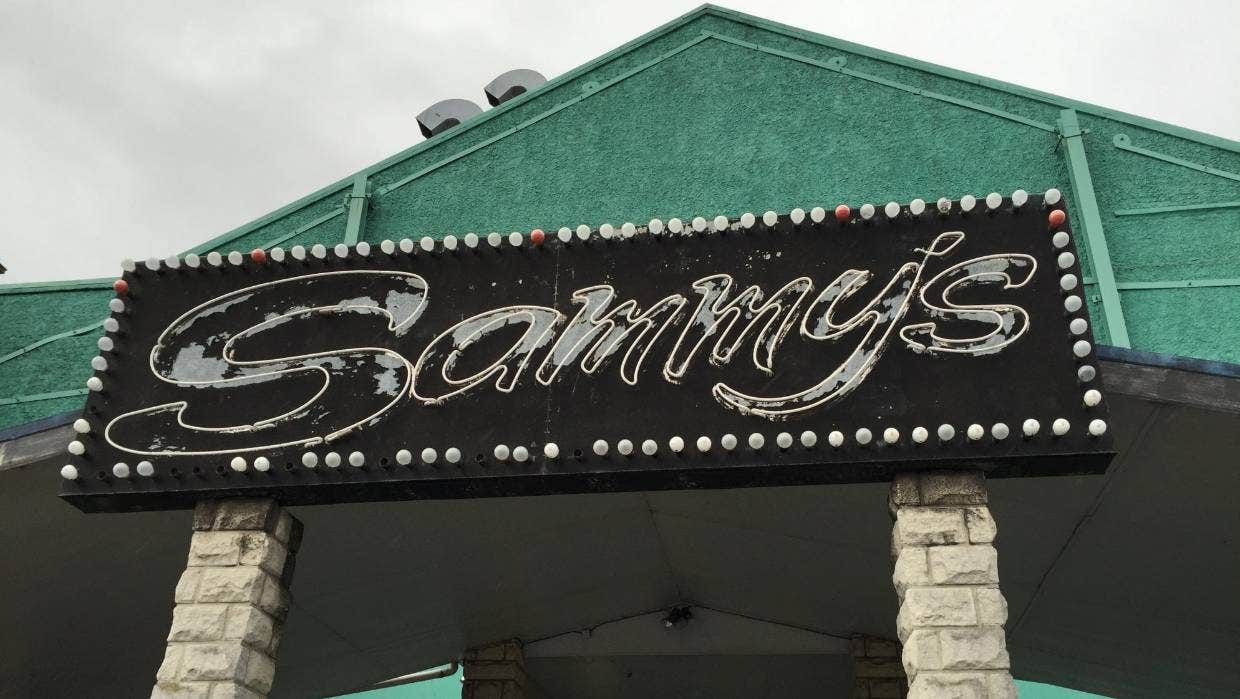
Well written, love the format. Save Sammys
Just how much land (and water) does the Harvard Endowment Fund have in Otago and Canterbury I wonder.
I can't be bothered chasing it down (and paying the fees) but you might like to check out
This one is owned by a Singapore company and is supposed to have purchased from Harvard.
Seems they're too lazy to file the Company Reg
https://app.companiesoffice.govt.nz/companies/app/ui/pages/companies/6298548?
I don't see any sale documents....
And the Singapore company that is supposed to own the above deregistered company which is then supposed to own several thousand hectares of Otago is;
DAIRY HOLDINGS PTE. LTD
Singapore search.
https://www.tis.bizfile.gov.sg/ngbtisinternet/faces/oracle/webcenter/portalapp/pages/TransactionMain.jspx?selectedETransId=dirSearch